Category: Vocabulary
-
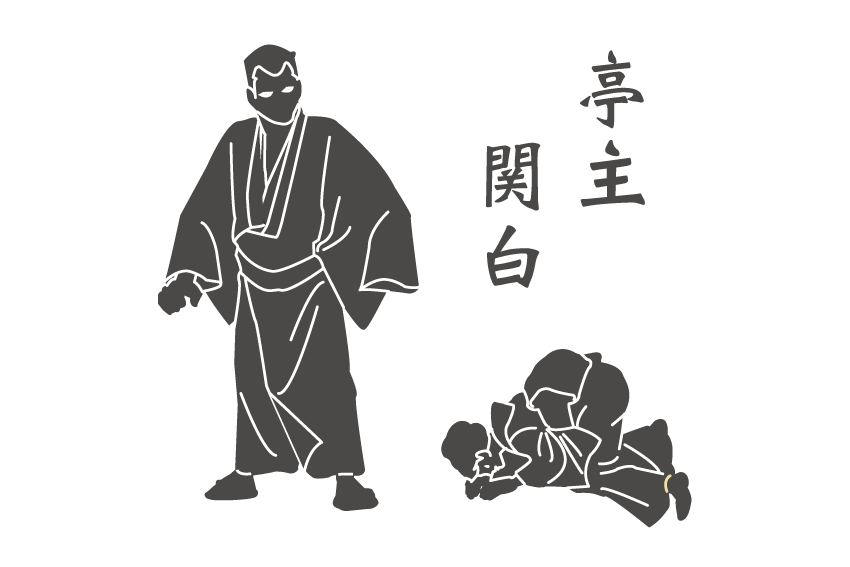
Who Wears the Pants? 亭主関白 & 嬶天下
Ever heard the phrase ‘She wears the trousers in the relationship’? (Or, for our American readers – who wears the pants!?) Most native English speakers will probably be familiar with the expression, or at least have a vague understanding of the meaning. Something about authority, right? Right. Well, there exists a couple of words that…
-

Let Me Google That For You – ググれカス
Google currently holds the title of Search Engine King for most people, and it’s the go-to tool for looking most anything up. So heavy has our reliance on the search giant become, that it’s now considered something of an insult to ask a question that could easily be answered by Google Sensei.
-
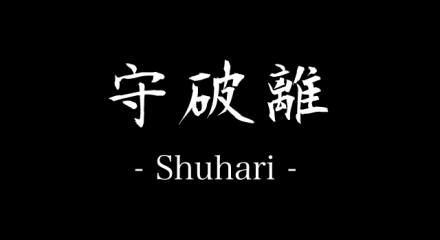
Becoming A Master – 守破離
The word Shuhari is originally a Japanese martial arts concept from Bushido that describes the stages leading to mastery in a given discipline, but it can also be applied in other fields and situations, such as the entertainment sector or in business. Let’s break it down. 守破離 しゅはり The 3 stages of learning that lead…
-
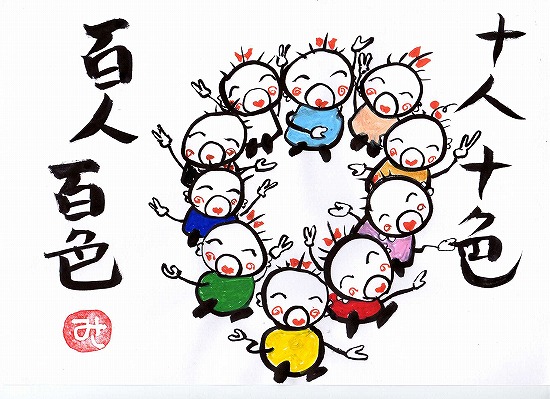
All Kinds Of Thing – ピンキリ
All and sundry. The whole spectrum. Anything and everything. Those are all viable translations for this juicy little slang term. ピンキリ might confuse you at first though. I initially thought of remembering something (ピンとくる) and for something to have no limits (きりがない), but it’s actually used in quite a different way.
-
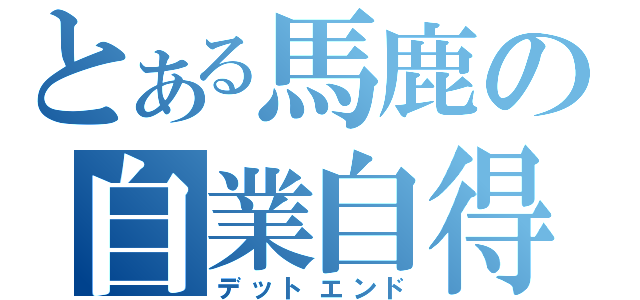
Get What You Deserve – 自業自得
Here’s the Japanese equivalent of a nice little idiom that we often find ourselves using in English. 自業自得 literally translates to the English idiom ‘you reap what you sow’. But we have several other expressions that are good matches for this Japanese phrase too. Let’s explore.
-
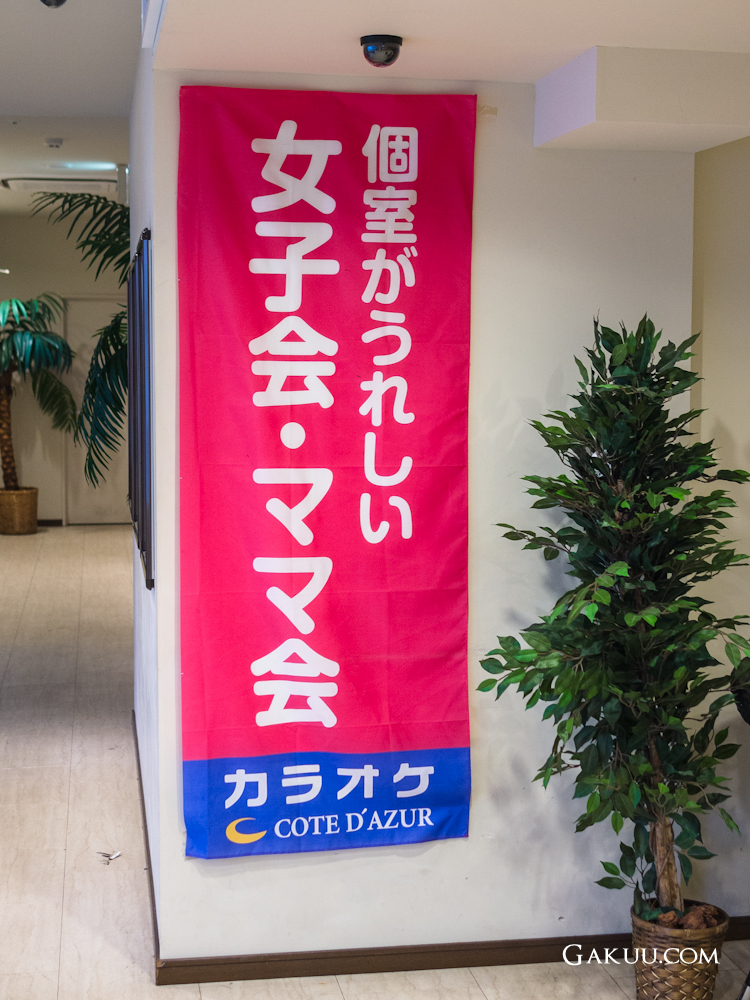
Mothers’ Meetings – ママ会
Something you’ll see a lot of in Japanese is the Kanji 会 (かい), which symbolises a grouping or meeting. Its uses are quite broad, from titles, such as ‘International Association’ (交際交流会 – こくさいこうりゅうかい) to birthday party (誕生日会 – たんじょうびかい) . The trick is simply to look for the Kanji on the end and think of…
-

Office Intranet Party Invitation
This invitation was sent to me and other members of our section some time ago, but I feel it provides a nice example of the sort of messages that are sent over the office intranet. See how much you can understand by reading through it first without using plugins like Rikaichan to help you! Naturally,…
-

Satisfying Real Life – リア充
A recent slang term that has naturally evolved with increased use of the internet and virtual interaction. The word is a mixture of リアル and 充実 (じゅうじつ) and refers to a person who is has a rich and satisfying offline (real) life. This is meant in contrast to an online (virtual) life that revolves around…
-

Intelligentsia – インテリ
This word, インテリ, is an abbreviated version of インテリゲンチャ, (the intelligentsia) meaning ‘intellectual’, referring to a person or class of people who have a tendency for intellectual prowess as opposed to physical strength or ability.
